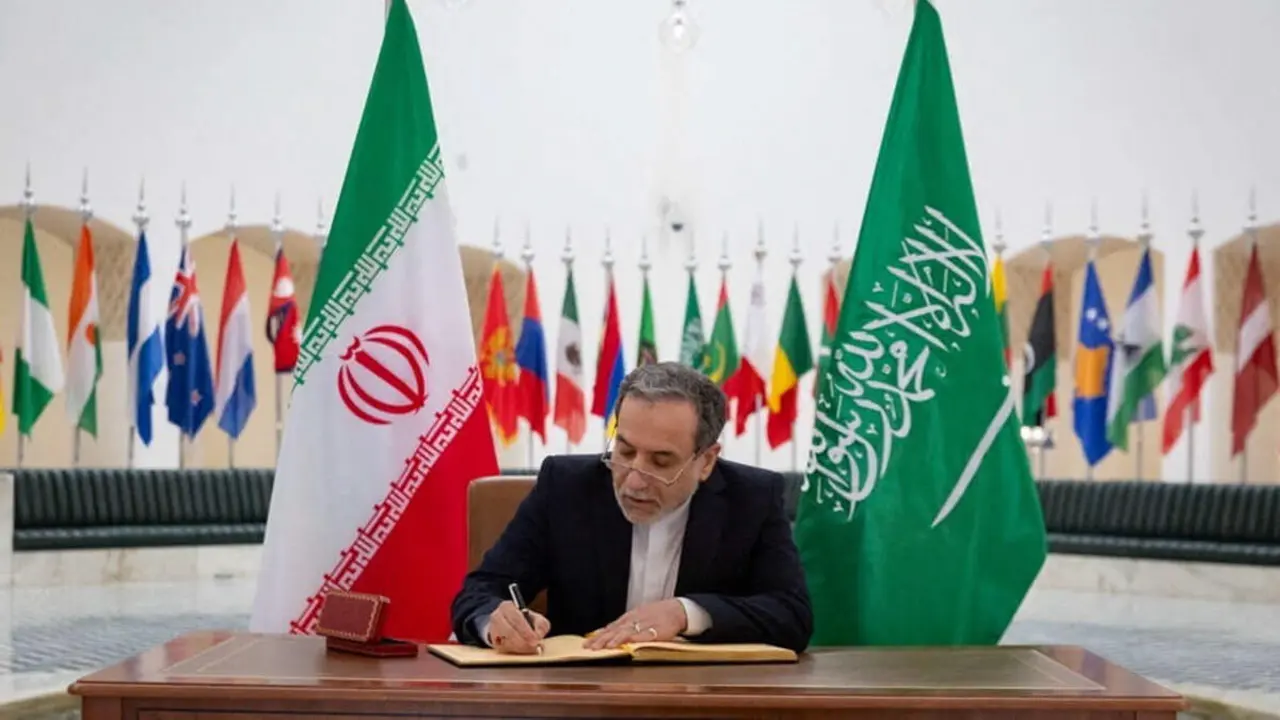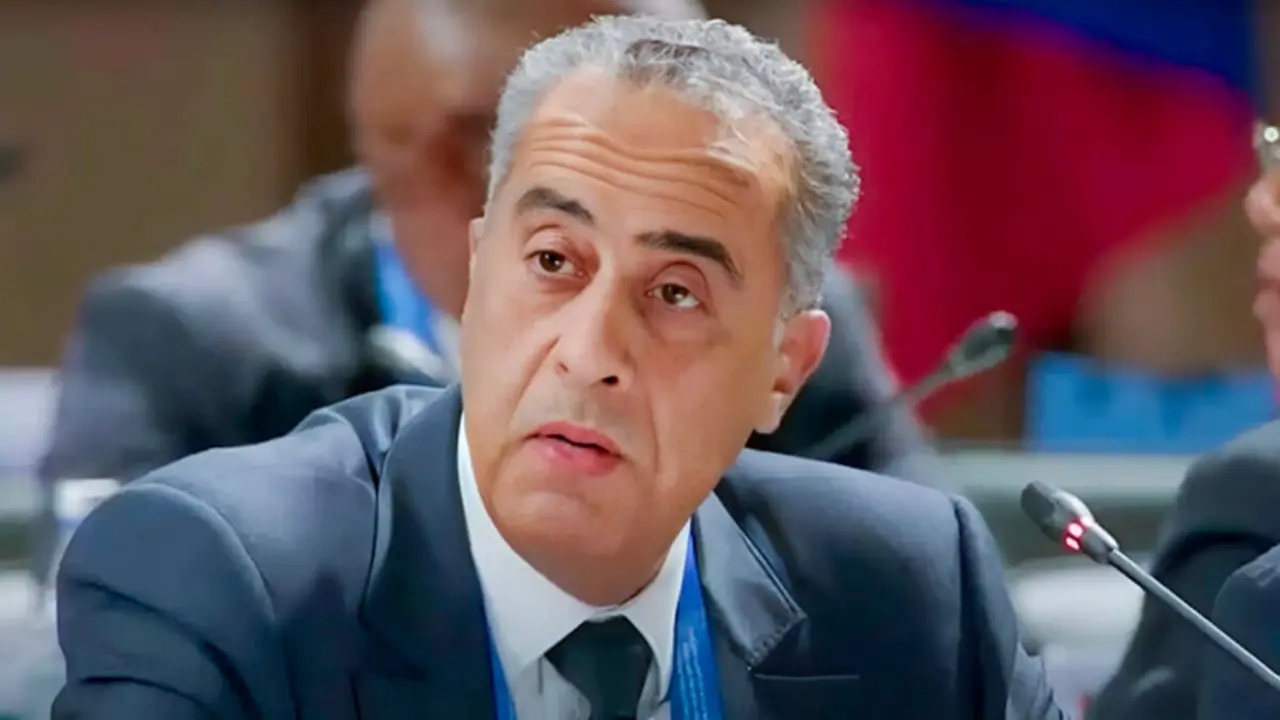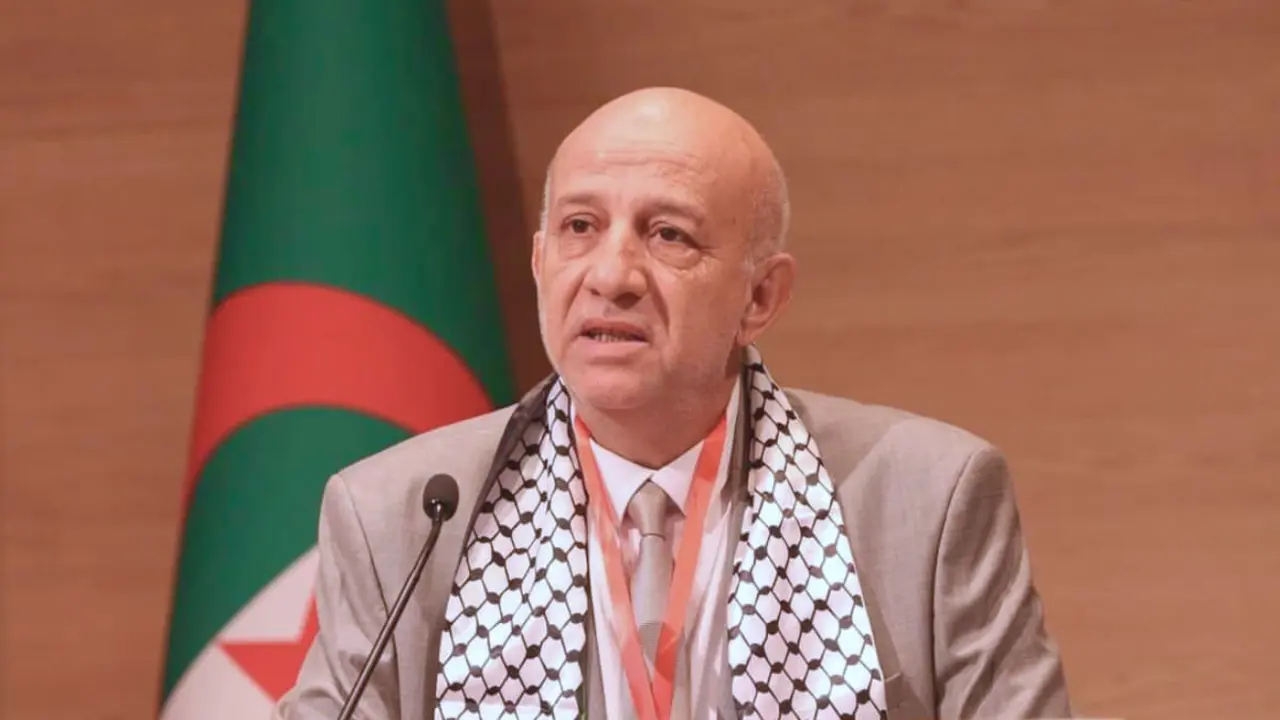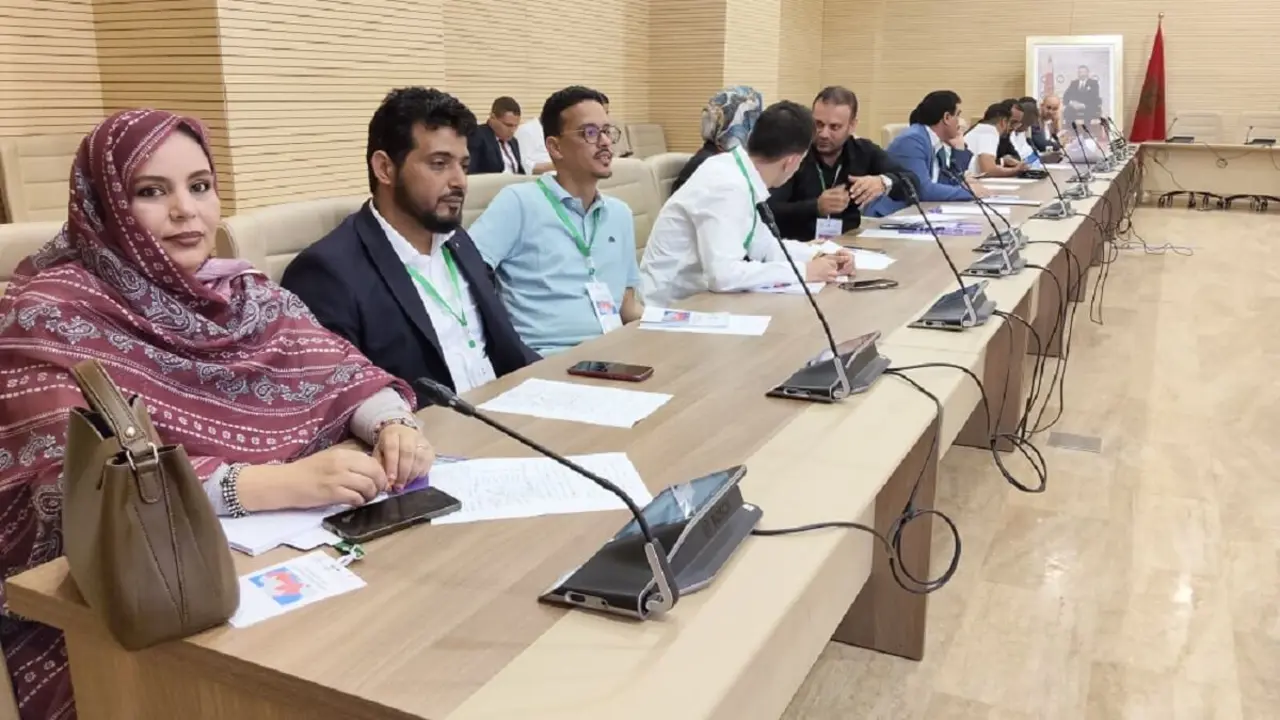Second round of Niger's presidential elections marked by violence
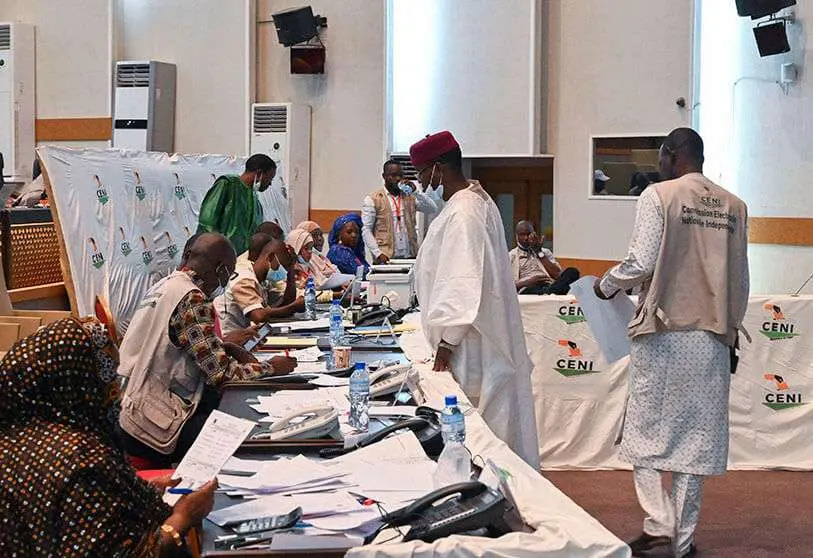
The ruling party's candidate, Mohamed Baozum, will become president of Niger if everything goes according to plan. With more than 80% of the votes counted, he has 2,020,590 votes compared to 1,476,257 for his opponent and former president - who was overthrown in a coup d'état from 1993 to 1996 - Mahamane Ousmane. The distance seems definitive in an election that has been marked by the extreme danger of the elections. With the count nearing completion, there are even warnings of possible offensives that could be launched by various terrorist organisations once the final results of the second round are known.
The former Minister of State, Minister of the Interior, Public Security, Decentralisation and Customary and Religious Affairs, and now leader of the Nigerian Party for Socialism and Democracy is just a few steps away from taking over from his predecessor in the party, Mahamadou Issoufou. Bazoum has won in the regions of Agadez, Diffa, Maradi, Tahoua and Zinder, while Ousmane has won in Doso and Tillabéri, the latter two being hard hit by the terrorist activity threatening western Niger, much of it under the authorship of Al-Qaeda and the self-styled Islamic State.
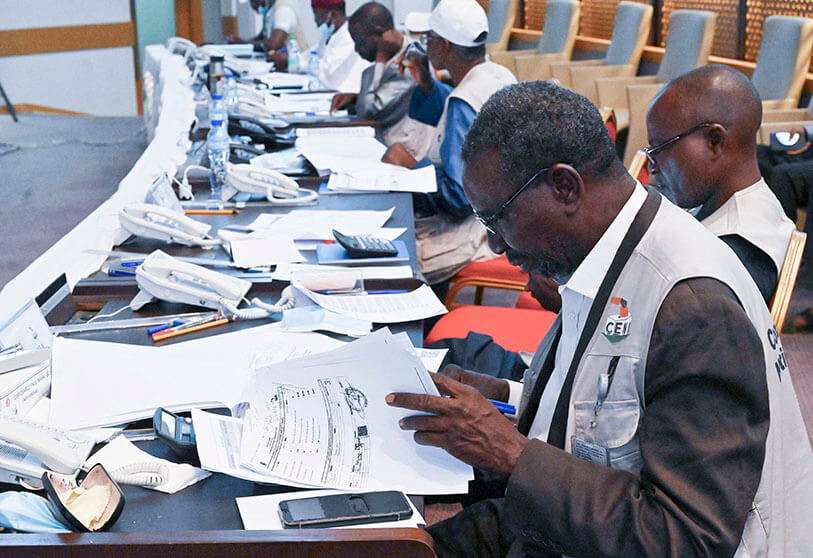
But these are not the only hindrances to the elections. The campaign of the opposition candidate, Mahamane Ousmane, has demanded the "immediate suspension" of the dissemination of the election results. In an official communiqué, they argue that "serious irregularities" took place during the elections on Sunday 21 February. Among them they point to the theft of ballot boxes, the substitution of ballot papers, and even "threats and intimidation" of some voters. And they go further. Ousamane's party has urged its supporters to mobilise in order to "make the alleged rigging they denounce fail". They also say that the results issued by the Electoral Commission "are in many cases not in accordance with the expression of the will of the people and show that a new electoral robbery is underway in Niger".
So far, seven victims have been recorded during this second round of the elections - all of them Niger's electoral commission workers - according to official sources, after a bomb exploded as a vehicle passed in the commune of Dargol, located in the region of Tillabéri, some 80 kilometres from the "triple border" that Niger shares with Mali and Burkina Faso. The explosion occurred as the Independent National Electoral Commission (CENI) was preparing to deliver ballot boxes to the population of the southern region. The vehicle was carrying "the ballot boxes and the members of the polling station", according to Harouna Mounkaila, vice-president of the local branch of CENI.
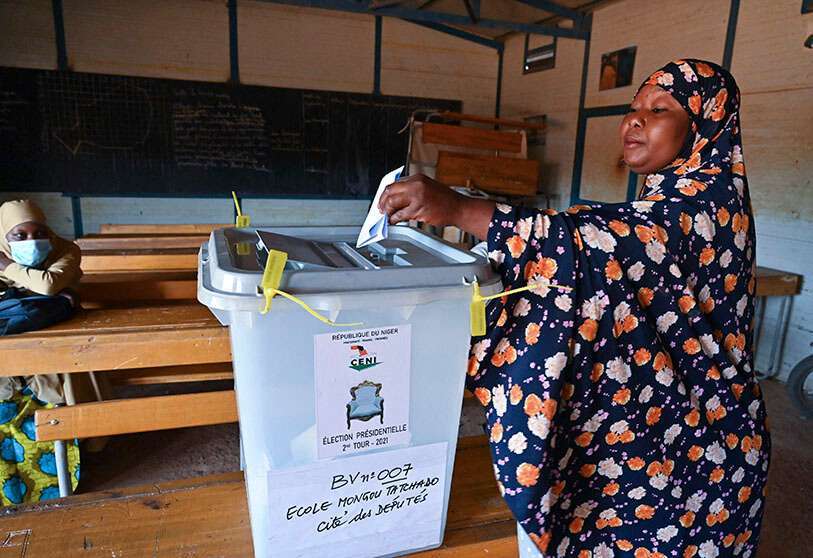
Tidjani Ibrahim Katiella, governor of Tillabéri, said that the cause of the explosion was an anti-personnel mine, but it is not yet known whether it was a targeted attack or whether the mine was there beforehand and was not known to exist. The governor himself confirmed that seven people had been killed and three others seriously injured.
In the first round of the elections, held on 27 December 2020, there had already been attacks in the same region. After the results were announced on 2 January, the worst massacre in the country took place. The villages of Tchombangou and Zaroumdareye (both located near the border) saw 100 people killed - 70 and 30 victims respectively - according to Niger's Prime Minister Brigi Rafini.


